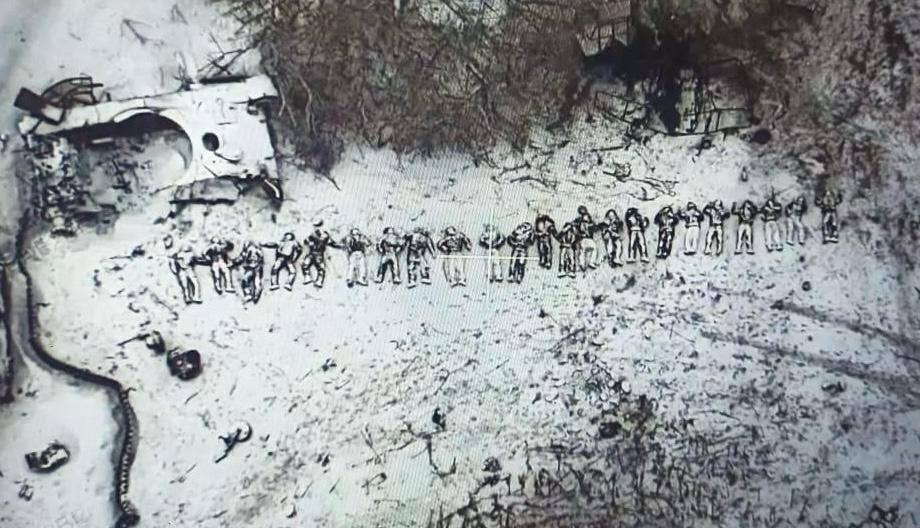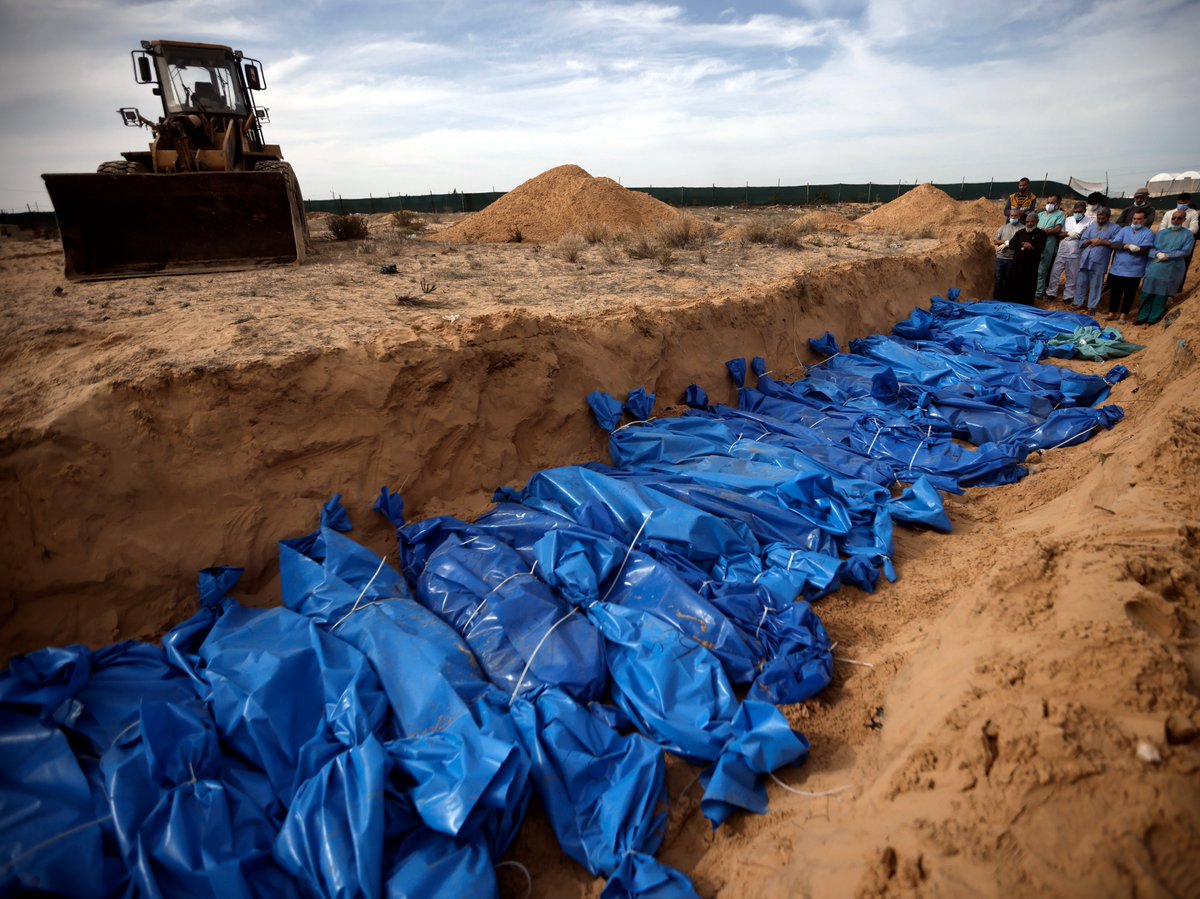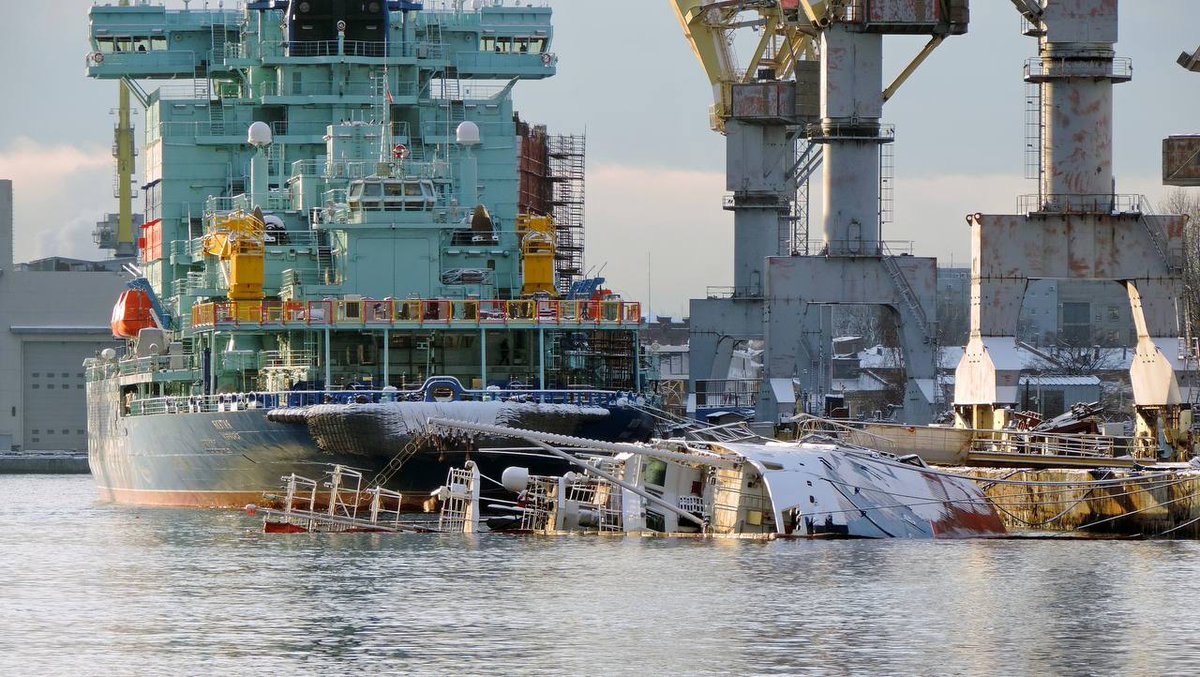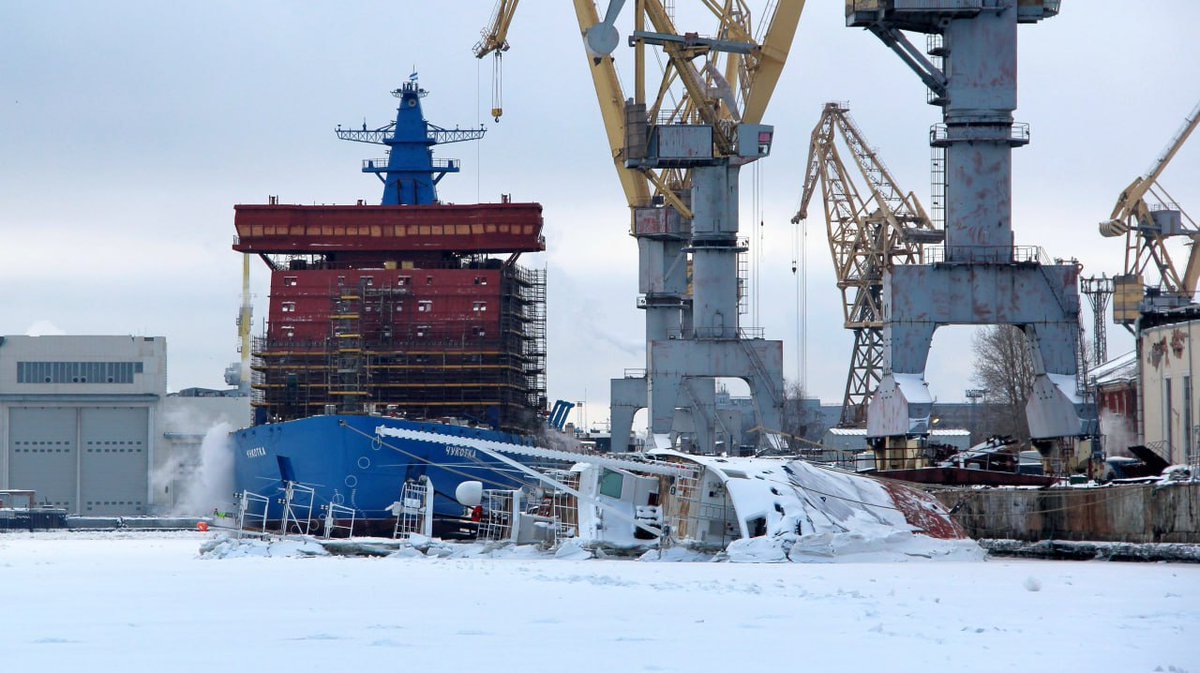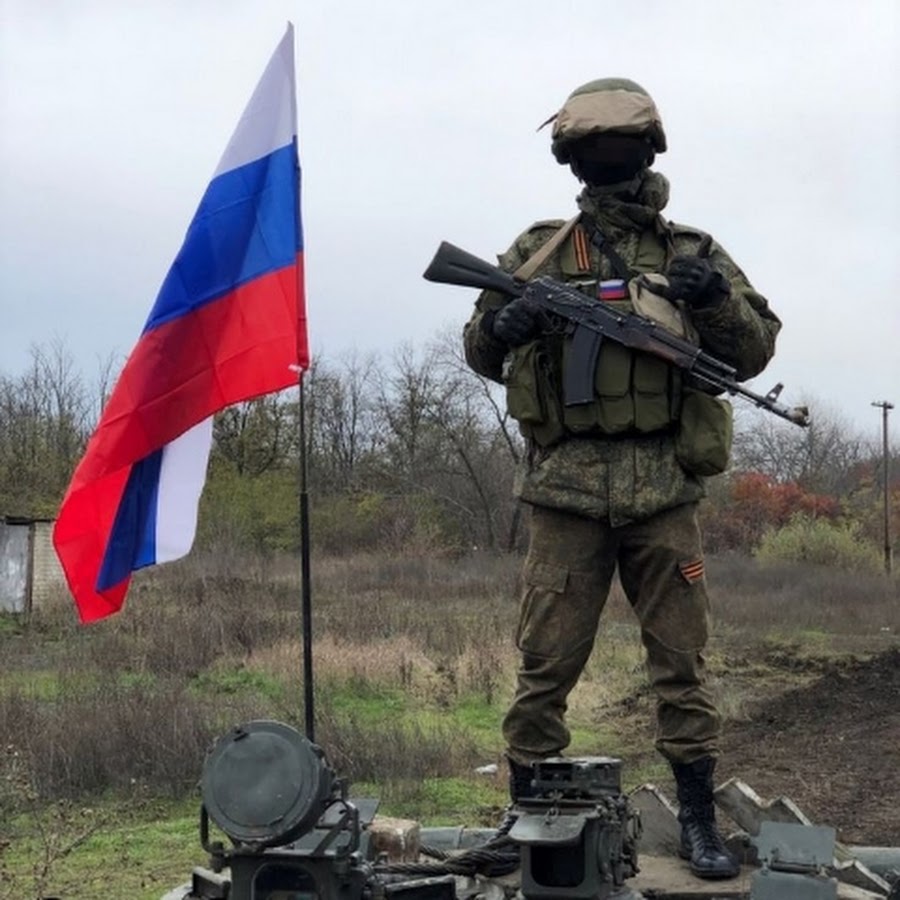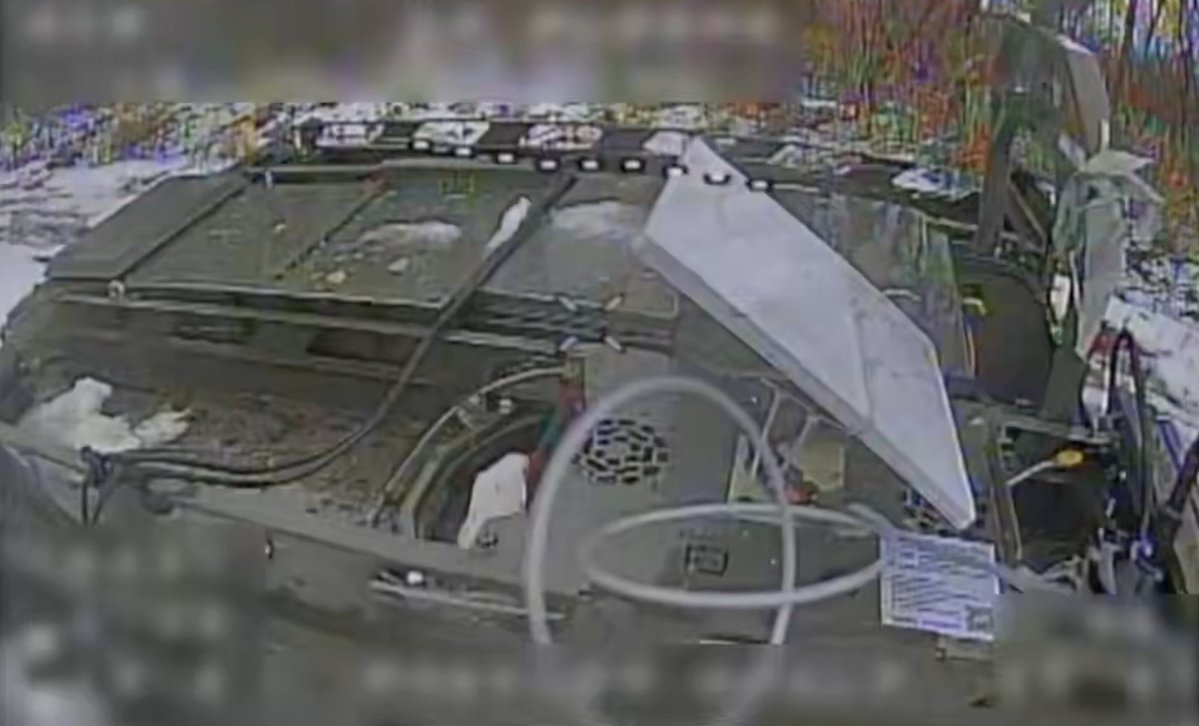1/ What do two yachts, a $30,000 watch and the Tsar's former residence have in common? They're all assets of Patriarch Kirill of the Russian Orthodox Church. A 🧵 on how the church's role in the Ukraine war is tied up with its finances and role as an instrument of 'soft power'. 

2/ This is the second thread of a series of three (I'll be posting the third part in due course). Here's the first part:
https://twitter.com/ChrisO_wiki/status/1544382902489718786
3/ The Russian Orthodox Church (ROC) has faced numerous scandals over the past 30 years concerning its financial affairs. But the story really starts with Russia's 40,000 priests and deans, most of whom work in thousands of small towns and villages across the country. 
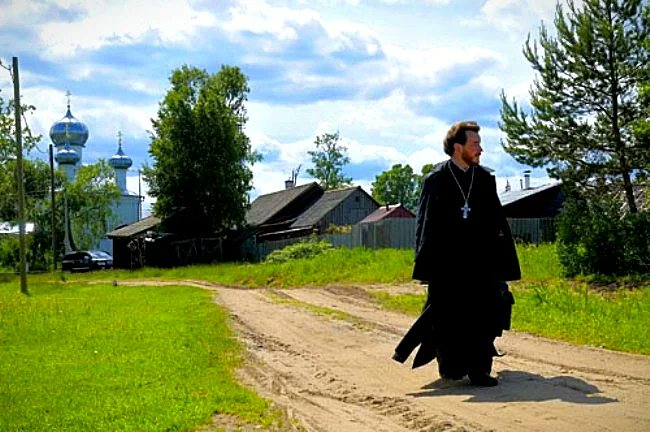
4/ Being a priest is not a route to riches in Russia. In Moscow, they are paid about $450-650 monthly. In rural regions, they may only get minimum wage (around $200 monthly) or less. This isn't nearly enough to keep a church running or pay for household essentials.
5/ So how do priests make ends meet? By soliciting donations for every kind of rite - saying prayers, consecrating new cars and apartments, baptisms, selling candles. Some priests also earn money through secular means such as farming, baking, driving taxis and so on. 

6/ Some donation value is retained by the priest to enable him to survive and maintain his church, but the rest (reportedly up to 50%) goes 'upstairs' to the local dean - the priest's immediate superior - and the diocese, which in turn remits up to 15% to Moscow.
7/ So the key to being a successful ROC priest is finding a rich donor, such as a local businessman or oligarch. Rural priests often only have a small and poor population from which to solicit donations. Thus churches proliferate in towns and cities and stagnate in villages. 

8/ However, the church is very secretive about its finances. Its accounts are not published and it reportedly does not disclose donations even to the government: "when you give to someone in need, don't let your left hand know what your right hand is doing" (Matthew 6:3). 

9/ This means that the ROC's operations are intimately intertwined with wealth-producers, in a country rated the 136th most corrupt in the world (out of 180). This brings us back to Kirill's famous Breguet wristwatch, yachts and residences.
10/ The $30K watch, donated by an anonymous benefactor, caused controversy after a clumsy attempt to remove it from a photo - it was airbrushed out but the photo editor forgot to remove its reflection in a polished table top. Several leading ROC clergy have had similar scandals. 

11/ Another benefactor, the Russian oil company Lukoil, donated the $4-6 million yacht Pallada for Kirill's use. He is also reported to have his own personal Azimuth luxury yacht in the Mediterranean, worth around €700,000 - possibly also donated by a benefactor. 



12/ Businessmen have provided free air transportation to Kirill, such as the use of a $43 million Gulfstream G450 jet to travel around Russia. The Russian state also has also flown Kirill to destinations as far afield as Antarctica aboard a government Il-96-300 jet. 

13/ The state-owned Federovsky Godorok, a massive residential complex built for Tsar Nicholas II near St Petersburg, is currently being renovated at public expense - costing in total around $47 million - for use as the Patriarch's official residence. 

14/ Kirill and his relatives also reportedly own multiple apartments and properties around Moscow and St Petersburg, which the publication Project has valued at around 316 million rubles (or about $5 million). It's unclear where the money for this came from. 



15/ Since 2010, the Russian government has 'restored' thousands of state-owned properties to the ROC, although many like the Federovsky Godorok were never church property in the first place. Private landowners built and owned many places of worship in Tsarist times.
16/ These relationships have made the ROC heavily dependent on the oligarchs and the state, and it's a connection that goes both ways. But the church is itself a big business, due in part to the work of the current Patriarch, Kirill.
17/ In 1989, Kirill - while serving as metropolitan bishop of Smolensk and Kaliningrad - headed the ROC's Department for External Church Relations (DECR), responsible for the church's relations overseas. Kirill already had long experience in this area as a church representative. 

18/ The DECR almost certainly had close links to the Soviet regime. As I mentioned in my previous thread, Kirill himself was allegedly a KGB agent codenamed MIKHAILOV, according to KGB files. But the collapse of the USSR in 1991 led to the DECR taking on new commercial roles.
19/ The post-communist Russian state granted the ROC privileges as 'humanitarian aid'. From 1994 to 1997, the ROC was allowed to import tobacco duty-free. The church imported 8 billion cigarettes which it sold at below market prices, making it one of Russia's largest suppliers.
20/ The exposure of this arrangement led to a major scandal, in which Kirill was nicknamed the 'Tobacco Metropolitan' for his role in managing it. The import arrangement was terminated by then-Patriarch Alexey II when it became too controversial for comfort. 

21/ The ROC was also allowed to import and sell wine. The Nikolo-Ugreshky Monastery, which is directly subordinated to the patriarchate, earned $350 million from the sale of alcohol in 1995 alone. The church also reportedly had interests in oil, gems and selling bottled water. 

22/ One of the church's biggest money-earners is its Sofrino factory. It makes and sells ecclesiastical items such as vestments, furniture, icons and candles to priests and the faithful throughout Russia - charging premium prices for its products. 

23/ According to Russian media reports, the church's income in 2014 alone reached 5.6 billion rubles (about $150 million at the time). Its revenues are not taxed. The state also provided 14 billion rubles ($183 million) in funding to the ROC between 2012 and 2015.
24/ Media reports allege that Kirill has become extremely wealthy during his time in office. Forbes estimated his wealth at $4 billion, and Novaya Gazeta suggested $4 billion to $8 billion in 2019. Either way, Kirill would qualify as one of the richest men in Russia. 
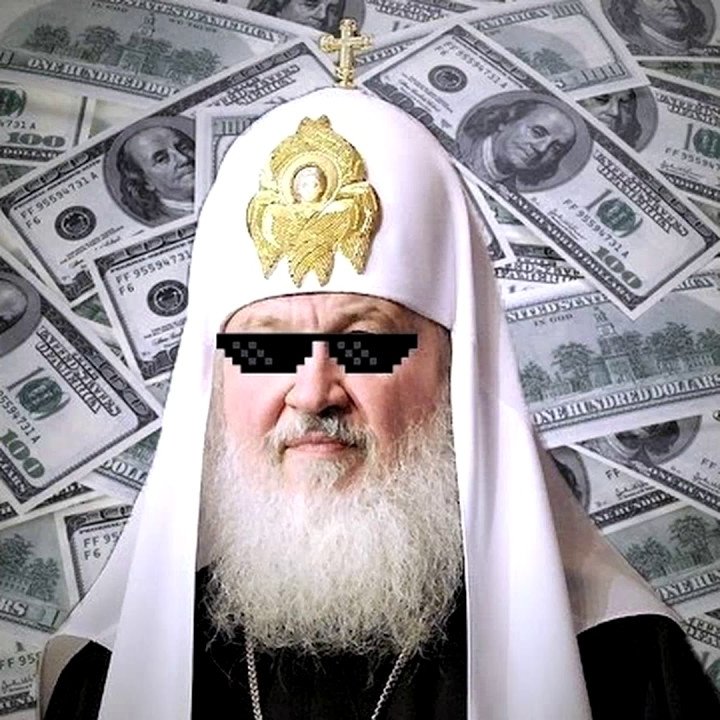
25/ The ROC under Kirill has used its wealth and influence strategically to boost Russia's 'soft power' internationally, including by positioning itself as a future leader of worldwide Orthodoxy and seeking to replace the Church of Constantinople in that traditional role.
26/ This is very much Kirill's personal initiative. As Metropolitan of Smolensk, he said that the ROC should take first place among Orthodox patriarchates. "We are the rightful heirs of Byzantium," Kirill has said. This would give Russia huge influence over Orthodox believers.
27/ The ROC has used its influence abroad to help Russian interests. It has opposed Moldova's aspirations for EU membership on the grounds that it would require tolerance for homosexuality. The church's Moldovan affiliate has organised public anti-LGBT protests. 

28/ In Montenegro, the ROC has played a major role in trying to undermine the country's efforts to break away from Serbia. The pro-Russian Serbian Orthodox Church is strongly opposed to Montenegro's NATO and EU integration, and Russia sponsored a coup attempt there in 2016. 

29/ The ROC is also a vital channel for Russia's communications with Iran, with which it has co-hosted an Islam-Orthodoxy Dialogue that meets alternately in Moscow and Tehran every few years. Russia has the largest Muslim population in Europe, so is in a unique position. 

30/ In Africa, the ROC has embarked on an ambitious programme of building schools and medical facilities. It is providing material aid alongside military aid provided by the Russian state. It encourages members of other denominations to switch their allegiances to Orthodoxy. 

31/ The ROC has also influenced the American and European far-right. It supports organisations such as the World Congress of Families to coordinate opposition to same-sex marriage and toleration of homosexuality. The ROC promotes Russia as a defender of 'traditional values'. 

32/ This has had significant international impact - some US conservatives have even converted to Eastern Orthodoxy. It also likely explains Hungary's far-right government deciding to block the EU's plan to sanction Patriarch Kirill, likely seeing him as an ally on social policy.
33/ However, the ROC's soft power has taken a heavy blow in the last few months due to its positions over Ukraine and Patriarch Kirill's outspoken support for the war. I'll cover those issues in the final thread in this series.
@OSINTEng @TrentTelenko @MarkHertling @TrueFactsStated @WarintheFuture @KofmanMichael @michaeldweiss @aravosis @JoshManning23 @general_ben @tomiahonen @ptoveri @mdmitri91 @johnsweeneyroar @SamRamani2 @kamilkazani @JuliaDavisNews @olex_scherba @KyleWOrton @TrentTelenko
• • •
Missing some Tweet in this thread? You can try to
force a refresh


